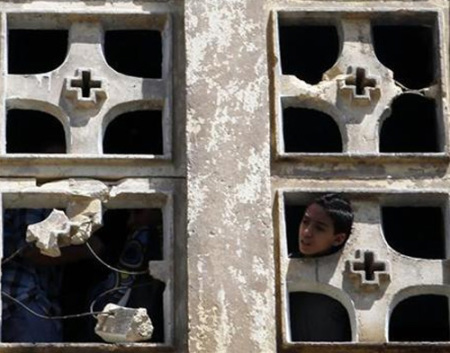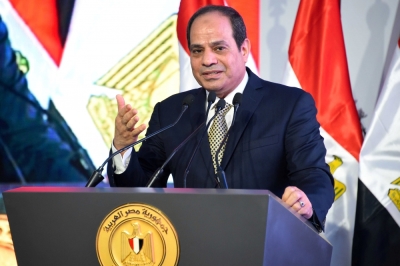Egypt legalizes 127 Christian churches; over 1,000 approved by government

Egypt has greenlit the legalization of 127 congregations that were previously operating without a government permit in the latest wave of recent church approvals.
The persecution watchdog group International Christian Concern announced the news of the legalization of the 127 churches on Tuesday.
According to the ICC, the recent permit approvals for the churches came through a committee that the majority Muslim nation created in 2016.
“The committee is a result of a 2016 law which purported to streamline the legalization process for churches. Egypt has a long history of regulating the building of churches, but many churches were not able to complete this process. Instead, they were built illegally,” explained ICC.
“The 2016 law created the committee which would reportedly legalize all churches existing before 2016 — an estimated number just reaching over 3,000.”
Overseen by Prime Minister Mostafa Madbouly, the government committee legalized 156 church buildings and church related structures in March.

Critics of the committee, ICC among them, have argued that it is moving too slowly in its granting of approval for the church buildings still on the list awaiting legalization.
“The 2016 law was supposed to make it easier for new churches to go through the legalization process,” added ICC. “However, President [Abdel Fattah] Sisi’s government has a worse record than his predecessors when it comes to approving new church buildings.”
According to the Christian persecution watchdog group Open Doors USA, Egypt holds the rank of the 16th worst persecutor of Christians in the world.
“In Egyptian society, Islamic culture fuels discrimination and creates an environment causing the state to be reluctant to respect and enforce the fundamental rights of Christians,” explained an Open Doors fact sheet.
“Though President el-Sisi has publicly expressed his commitment to protecting Christians, his government’s actions and extremist groups’ continued Christian persecution attacks on individuals and churches, leaves Christians feeling insecure and extremely cautious.”
News of the church building approvals comes weeks after Egypt garnered worldwide attention for the death of former President Mohamed Morsi while in custody.
Last month, Morsi died while in court during a trial hearing. While the official cause of death was a heart attack, many believe the root cause was mistreatment.
Magdalena Mughrabi, Amnesty International Deputy Director for the Middle East and North Africa, called for an investigation into his death.
“The news of Mohamed Morsi’s death in court today is deeply shocking and raises serious questions about his treatment in custody,” Mughrabi said last month.
“The Egyptian authorities must immediately order an impartial, thorough and transparent investigation into the circumstances of his death, as well as his detention conditions and his ability to access medical care.”





















